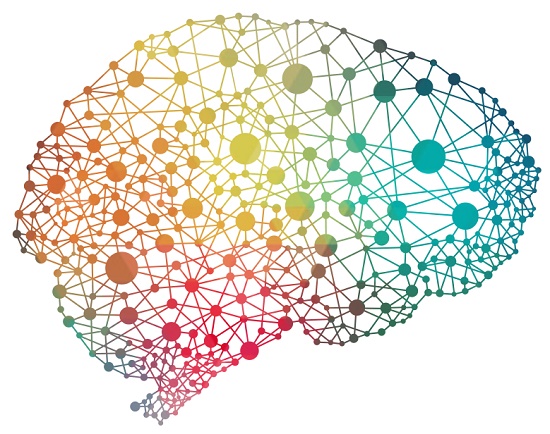
In 2013, Johns Hopkins University researcher and epidemiologist Dr. Frank Lin directed a study that was the first to measure the potential impact of hearing loss on cognitive performance.
Participants with hearing loss took recurring cognitive assessments, used to measure memory and thinking skills, over the span of six years. Hearing tests were also completed over the same time period.
What the investigators discovered was concerning: those with hearing loss had cognitive abilities that diminished 30 to 40 percent faster than those with normal hearing, even after accounting for other contributing factors like age, high blood pressure, and diabetes.
But that wasn’t everything. Not only did those with hearing loss suffer from higher rates of cognitive decline—the decline was directly related to the severity of the hearing loss. The more severe the hearing loss, the greater impairment to brain functioning. In addition, those with hearing loss presented symptoms of significant cognitive impairment 3.2 years sooner than those with average hearing.
The research reveals a deep association between hearing loss and cognitive decline, but the question remains as to how hearing loss can lead to cognitive decline.
How Hearing Loss Triggers Cognitive Decline
Researchers have suggested three explanations for the link between hearing loss and cognitive decline:
- Hearing loss can result in social isolation, which is a well-known risk factor for cognitive decline.
- Hearing loss causes the brain to dedicate too many resources to the processing of sound, at the expense of memory and thinking.
- A common underlying injury to the brain causes both hearing loss and reduced brain function.
Perhaps it’s a mixture of all three. What is apparent is that, regardless of the cause, the link between hearing loss and cognitive decline is strong.
The question now becomes, what can we do about it? Researchers estimate that 27 million Americans over age 50, including two-thirds of men and women aged 70 years and older, are afflicted by some type of hearing loss. Is there a way those with hearing loss can avoid or slow cognitive decline?
Can Hearing Aids Help?
Remember the three ways that hearing loss is thought to cause more rapid cognitive decline. Now, consider how hearing aids could resolve or correct those causes:
- Individuals that use hearing aids gain back their social confidence, become more socially active, and the problems of social isolation—and its contribution to brain decline—are mitigated or eliminated.
- Hearing aids protect against the fatiguing effect of struggling to hear. Mental resources are freed up and available for memory and reasoning.
- Hearing aids generate heightened sound stimulation to the brain, helping to re-establish neural connections.
Admittedly, this is mainly theoretical, and the big question is: does using hearing aids, in fact, slow or prevent accelerated mental decline, and can we measure this?
The answer may be discovered in an upcoming study by Dr. Frank Lin, the head researcher of the initial study. Lin is working on the first clinical trial to examine whether hearing aids can be objectively measured to prevent or minimize brain decline.
Stay tuned for the results of this study, which we’ll address on our blog once published.